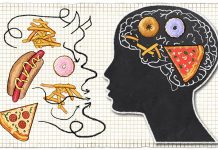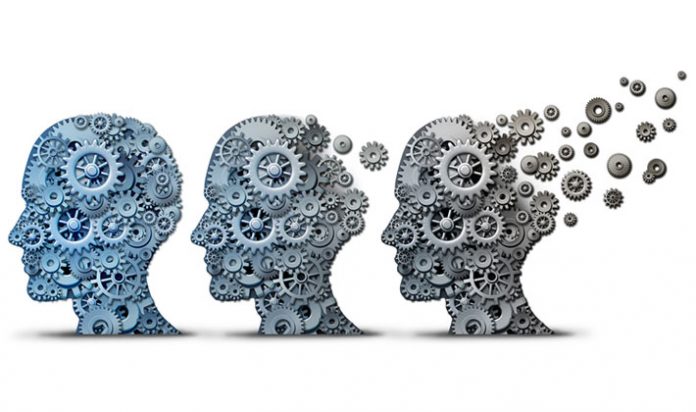Everybody knows that memory problems, trouble getting around, and fatigue are natural part of getting older. But do they have to be? Today we’re going to go over the basics of what is and is not normal for the aging brain. Knowing this information can help you make smart diet and lifestyle choices so you can get the most out of your golden years.
Memory as You Age: Are “Senior Moments” Normal, or a Warning Sign?
Believe it or not, some of the lapses in memory that people experience – especially as they get older – are not that big of a deal. Having a “senior moment” such as forgetting where you put your car keys, walking into a room and forgetting why you went there, or struggling to remember a word that’s on the tip of your tongue are all pretty normal. And they can actually happen to people of any age. It’s when these memory slip-ups become so frequent and extreme that you lose the ability to function and take care of yourself that they are a problem. Forgetting where you put your favorite pair of pants is one thing; forgetting to put your pants on before you leave the house is an entirely different situation!
On top of regular, physical aging, there are certain habits common among seniors that may inadvertently speed up memory degradation. Those include:
- Being less social with family and friends
- Not getting enough sleep
- Eating a poor diet
- Lack of exercise
- Emotional dysregulation such as depression or anxiety
Any and all of the above can contribute to decreased blood flow to the brain, shrinking regions of the brain responsible for memory and cognition, and a decline in hormones which spur neurogenesis. So if you want to keep your memory sharp as you age, do the opposite of everything you just read in that list above!
Focus, Reaction Time, and Motor Skills: Cognitive Decline in Old Age
As you’ve gotten older, have you found yourself getting more easily distracted than you used to? Are your reflexes not what they used to be? Are you starting to walk slower, or having trouble getting around? These may be common signs of aging; on the other hand, they could be entirely preventable or even somewhat reversible depending on your age and severity.
Reflexes and physical coordination depend on having healthy, robust nerve fibers in your brain so that signals can travel quickly from one area to the next. Furthermore, certain regions of the brain which control motor function and concentration shrink with age – but only if you don’t take proper care of yourself. A poor diet and lack of exercise are the two biggest contributing factors. Eating a poor diet denies your body the nutrients it needs to keep your nerve fibers intact and functioning optimally. A lack of exercise cuts off blood flow to the brain, causing important regions to shrink and become less efficient.
We know that changing these things is more difficult for seniors than it is for younger people. Your taste buds aren’t what they used to be, so the desire to eat unhealthy, tastier food is more tempting than ever. And if you’re already starting to have trouble getting around, exercising more (or exercising at all) can feel counter-intuitive. We suggest giving it a try for at least 4 to 6 weeks. Trust us, you’ll see some positive changes in your quality of life.
Why You Get More Tired as You Age

Is chronic fatigue supposed to be a part of the natural aging process? Scientists and longevity experts are starting to question this common wisdom. Most of the causes of fatigue can also be prevented with minor diet and lifestyle choices – but it’s particularly difficult to make these changes as seniors for a few reasons:
- Seniors are more likely to disengage socially as they get older, which makes the brain less alert
- Activity levels decline with age, causing a whole host of problems which can lead to fatigue
- Common medical issues among seniors – including arthritis, cancer, and infectious disease – can tax the body and contribute to fatigue
As you can see, you actually have a good amount of control over how quickly and how severely aging takes a toll on your body. It’s obviously more difficult for a senior citizen to make positive diet and lifestyle changes that it is for someone in their 30s or 40s. But if you really want to make the most out of your golden years, then it’s a good idea to get started now!























































